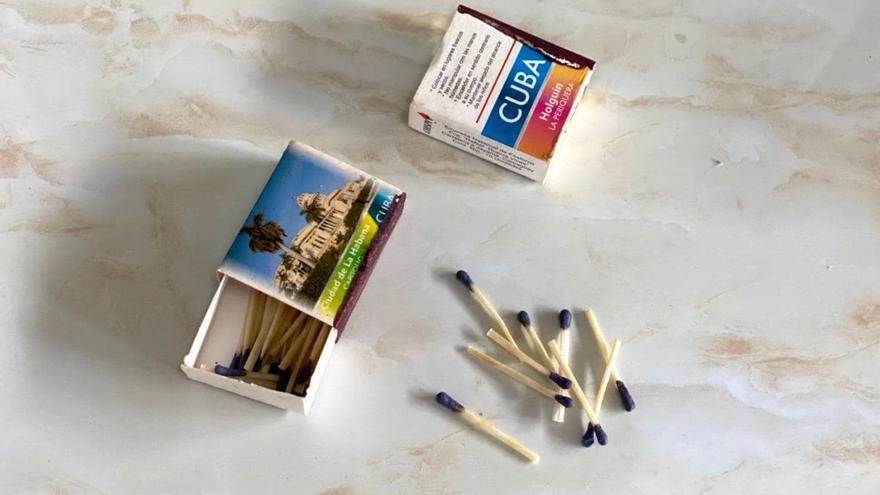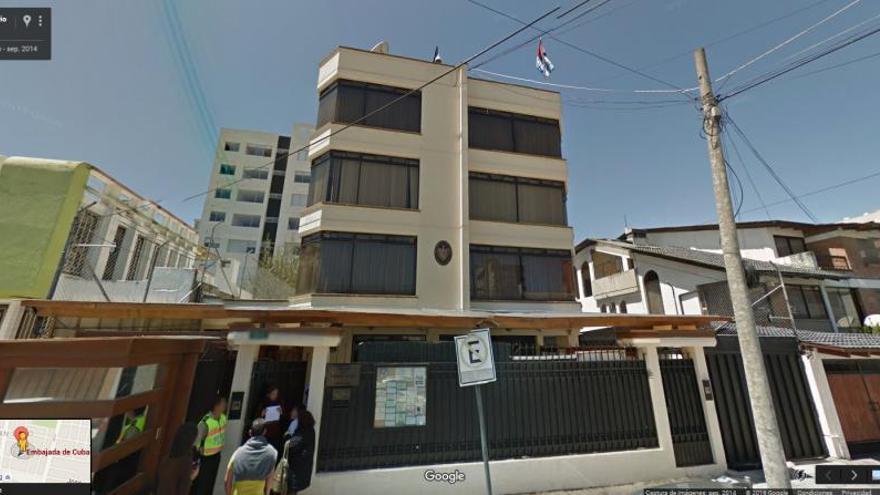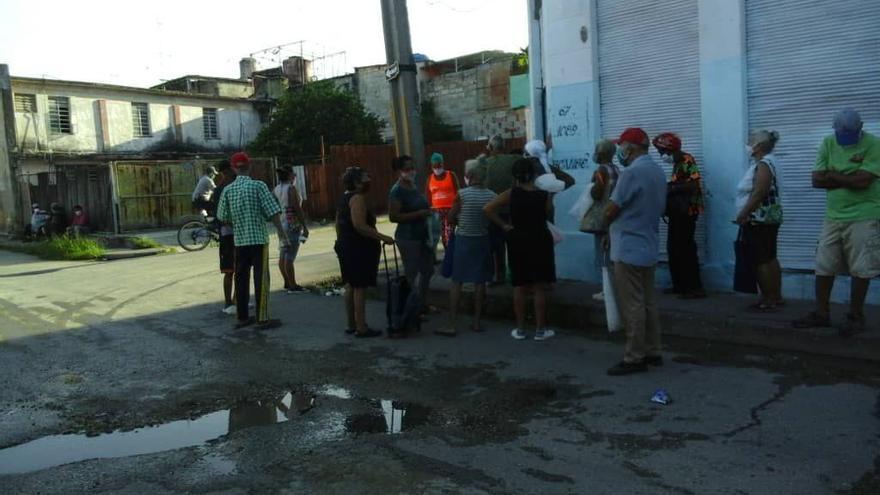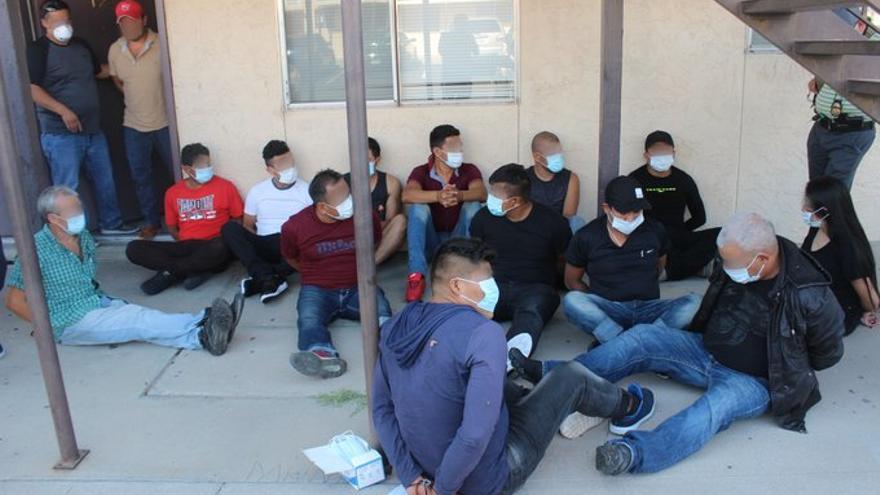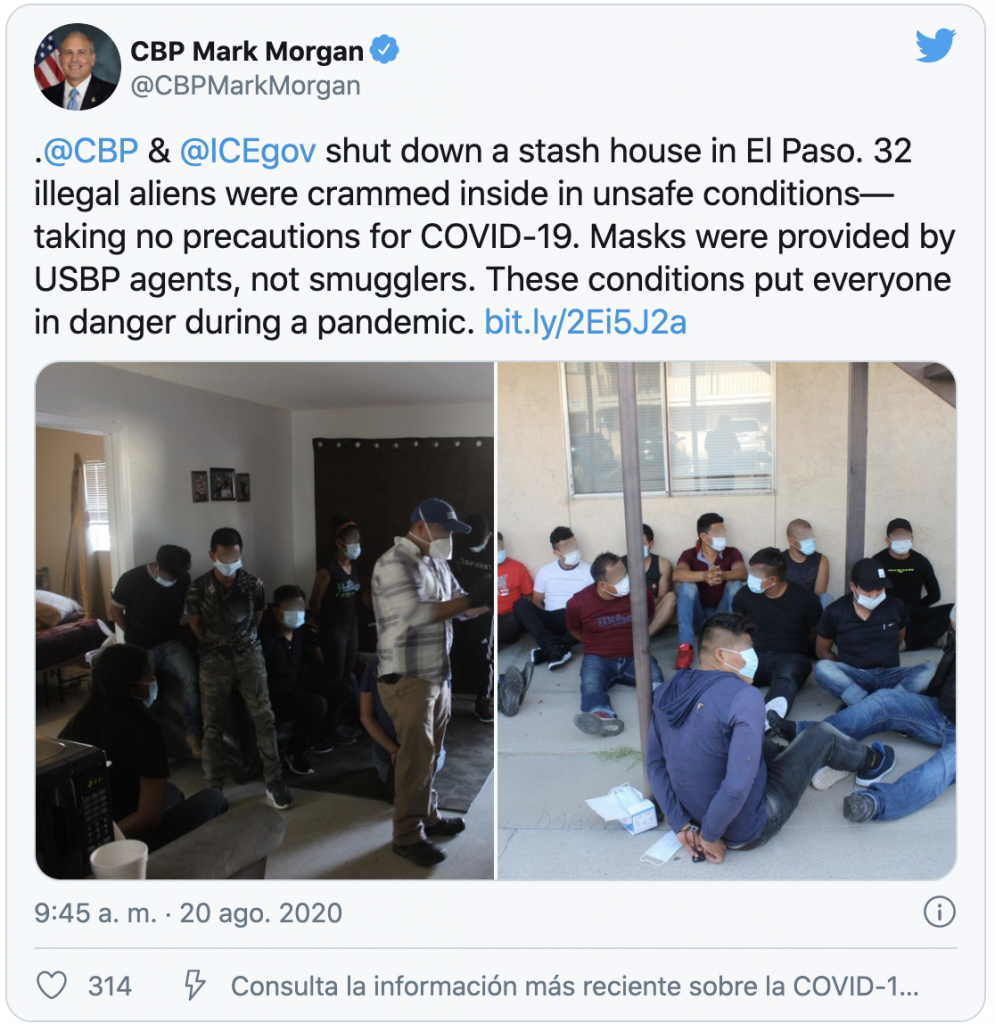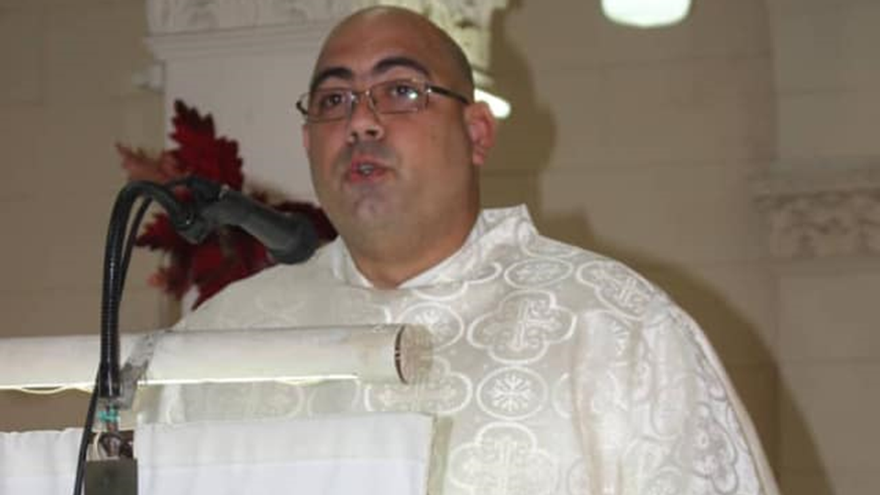
![]() 14ymedio, Lorey Saman, Mexico, 26 December 2020 — The voices of Cuban priests have made themselves heard with great force in recent months. This December 24, as Christmas was being celebrated, Deacon Maikel Gómez, from the Parish of San Juan Bosco, in Havana, gave a homily in which he reflected on freedom within the Island.
14ymedio, Lorey Saman, Mexico, 26 December 2020 — The voices of Cuban priests have made themselves heard with great force in recent months. This December 24, as Christmas was being celebrated, Deacon Maikel Gómez, from the Parish of San Juan Bosco, in Havana, gave a homily in which he reflected on freedom within the Island.
“Our society today needs the touch of love, a love that unites and not disunites, a love that joins together and not separates,” said the Catholic father.
“We do not have the right to say that our streets are for some or for others, our streets belong to everyone, to all of us who were born here, wherever we are,” said the priest amid a growing official campaign of stigmatization against critics of the system. continue reading
He added that, “Jesus Christ, the eternal Word of the Father,” came to “a Cuba ripped apart, in the midst of sadness and uncertainties, in the midst of poverty and pain, in the midst of a pandemic that has claimed the lives of many,” but also he comes “to guide us with his light in the midst of so much darkness and uncertainty.”
The priest affirmed that the “Word of the Lord” is present “in response to the desperate cry of a people who, like Israel, walk in a desert led by others who do not want to see the light and cling to outdated ideas, now obsolete.”
During the homily, which was shared on social networks by the Center for Coexistence Studies, Gómez said that “the freedom of the children of God” “can never be coerced, much less conditioned.”
In addition, he made reference to the religious censorship that has been experienced on the Island: “His birth [of Jesus] today echoes once again of the need for love that still exists among all, the need for love and love of God, love that at some point they tried to erase from our minds, and that, despite all these years, even when the Church was decimated, threatened and intimidated, that love continued to beat and the fact of our presence here confirms my words.”
Quoting the Cuban philosopher and educator José de la Luz y Caballero, he affirmed that it will be necessary to give up training “purely mechanical and routine men,” and to achieve a legion of thinkers with the necessary capacity for reflection on existential issues, including social problems.
Deacon Maikel Gómez’s reflections come a few days after the Cuban Catholic bishops, in their traditional Christmas message , included a call “for dialogue and negotiation between those who have different opinions and criteria”, amid strong smear campaigns of the Government against its critics.
At the end of November, more than 200 priests, religious and lay people residing in Cuba joined the wave of solidarity with the San Isidro Movement and the activists on hunger strike and signed a letter asking the Government not to let them die. They requested that the event not end in a fatal outcome, “to be consistent with the demands of the Gospel of Jesus Christ, which proclaims the dignity of every human being as an absolute value.”
On the other hand, among the religious who have spoken individually about the situation on the island in recent months are Father Alberto Reyes, parish priest of the church of San Jerónimo, in Esmeralda, Camagüey, who posted on his Facebook wall a text in which he lamented the fear and oppression that Cubans suffer; and the priest Jorge Luis Pérez Soto, parish priest of San Francisco de Paula, in the municipality of Diez de Octubre, in Havana, who claimed that “the Church does have to get involved in politics.”
____________
COLLABORATE WITH OUR WORK: The 14ymedio team is committed to practicing serious journalism that reflects Cuba’s reality in all its depth. Thank you for joining us on this long journey. We invite you to continue supporting us by becoming a member of 14ymedio now. Together we can continue transforming journalism in Cuba.

